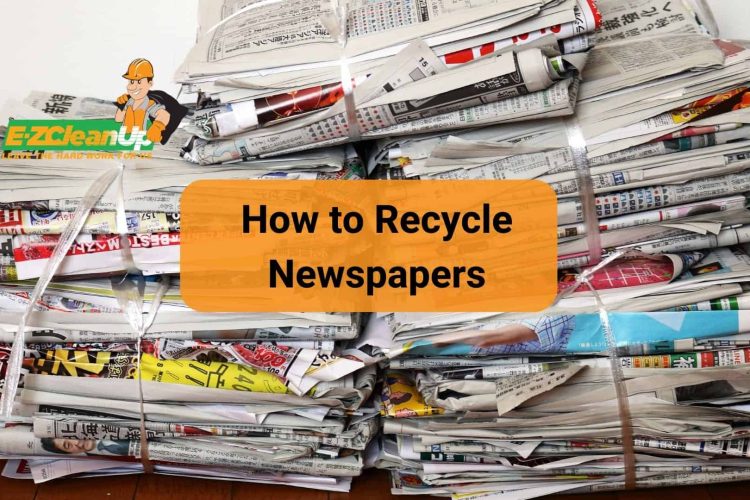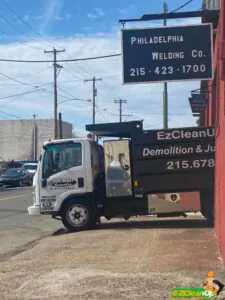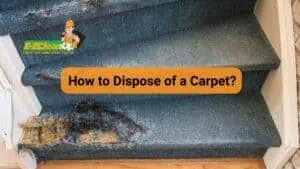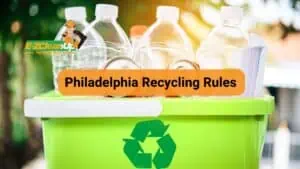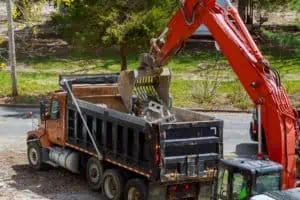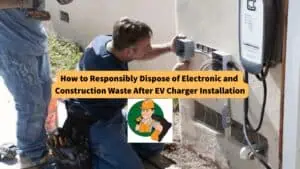After collection, newspapers are sent to paper processing mills, where they become part of the feedstock. This is used to make new paper products. The process involves blending the collected materials with water in a pulper, which forms a slurry that is processed to create recycled paper products.
It’s a cycle that turns old newspapers into useful products again. This process is an excellent example of efficient resource use. It turns waste into something valuable. Let’s go deeper into how to recycle newspapers in the article below.
Overview of the Recycling Process
Newspaper recycling is more than just throwing old papers into a bin. By recycling newspapers, we reduce our carbon footprint, conserve valuable resources, and make a positive impact globally. It’s not complex. Every recycled newspaper contributes to a cleaner, healthier world. This simple act of recycling can significantly affect our planet’s health.
Newspapers are widely accepted in recycling programs. This fact makes it easier for everyone to participate in recycling efforts. By recycling newspapers, we save natural resources. This action helps reduce the amount of waste dumped in landfills. It’s a simple yet effective way to contribute to environmental conservation.
Here’s a closer look at each stage of newspaper recycling:
Collection and Transportation
The first step in recycling newspapers involves collecting and storing paper waste. This happens in homes, businesses, universities, and industrial settings. Recyclers and paper merchants gather this paper and consolidate the collection in large recycling containers.
The collected paper is measured and graded for quality, as different types of paper have varying fiber qualities useful for recycling. The paper is then transported to paper mill recycling facilities for further processing.
Pulping and De-inking
The newspapers are shredded once at the recycling facility to break them down into small pieces. Water and chemicals like hydrogen peroxide, sodium hydroxide, and sodium silicate are added to separate the fibers to create a slurry mixture.
This mixture is processed through screens and centrifuge-like systems to remove contaminants like paper clips, staples, and plastic films. Following this, the pulp undergoes a de-inking process in a flotation tank.
Chemicals and air bubbles are used to remove dyes and inks, which enhance the purity and whiteness of the pulp. This step is vital for achieving the desired quality of recycled paper.
Turning Pulp into Recycled Paper Products
The final stage involves drying the pulp and preparing it for reuse. The pulp, a mixture of 50 percent water and 50 percent fiber at this stage, is passed over rollers or through vibrating machines to remove excess water. Additional virgin wood fiber can be added to the pulp to enhance the strength or smoothness of the final paper product.
The treated pulp is converted into long rolls of continuous sheets of paper through steam-heated rollers. These sheets are used to create various recycled paper products, completing the recycling process.
Creative Uses for Recycled Newspapers
Recycled newspapers can be repurposed in numerous creative ways. The possibilities are vast, from DIY crafts to gardening applications and industrial uses.
DIY Projects and Crafts
Recycled newspapers are perfect for various DIY projects and crafts. Some creative ideas include:
- Seed Tape: Create your own seed tape for flower beds or vegetable gardens using strips of newspaper, a flour-water paste, and seeds. This is an eco-friendly and cost-effective way to plant seeds in perfect rows.
- Pots for Seedlings: Turn newspapers into biodegradable pots for seedlings. This method is not only eco-friendly but also cost-effective, and you can plant them directly into the ground.
- Weed Barrier: Use newspaper layers as a natural weed barrier in your garden. Cover them with straw or mulch for an organic and toxin-free gardening solution.
- Odor Eliminator: Crumpled newspapers can absorb odors effectively. Use them in shoes, luggage, or food containers to eliminate unpleasant smells.
- Cleaning Windows: Newspapers are great for cleaning glass windows without leaving streaks or lint.
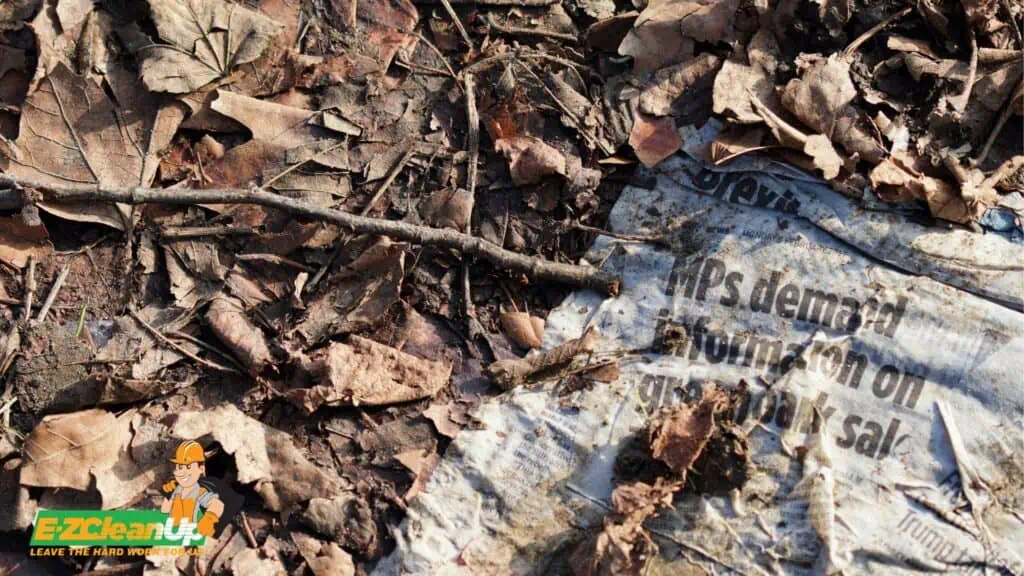
Gardening and Composting Applications
Recycled newspapers have various uses in gardening and composting, such as:
- Composting: Newspapers can be added to compost piles as a carbon-rich “brown” material. They help balance the compost’s nitrogen content and aid in the decomposition process.
- Mulching: Newspapers can be used as mulch in gardens. They control weeds, retain moisture, and eventually break down, enriching the soil.
- Pathway Lining: Laying newspapers under pathways in your garden can prevent weed growth and create a more stable walkway.
Industrial and Commercial Uses
In industrial and commercial settings, recycled newspapers are used in various ways:
- Newspaper Printing: Recycled newspapers are often reprocessed into new newspapers, which contribute to a sustainable cycle of paper use.
- Wrapping Papers and Packaging: Recycled newspaper fibers are used to make wrapping papers and eco-friendly packaging materials.
- Blown-in Cellulose Insulators: Recycled newspapers are processed into cellulose insulation, used in buildings for effective and sustainable insulation.
- Printing Papers: Recycled newspapers are also turned into various types of printing papers.
Environmental Impact of Newspaper Waste
Let’s talk numbers. The impact of newspaper waste on the environment is more than you might think. Recycling one ton of paper can save enough energy to power an average American home for six months. That’s a lot of energy saved.
It also conserves 7,000 gallons of water. Water is a precious resource, and saving it is crucial. This recycling process also saves 3.3 cubic yards of landfill space. That’s space that can be used more efficiently.
Additionally, it reduces greenhouse gas emissions by one metric ton of carbon equivalent. These numbers show the real impact of newspaper recycling on our environment.
Using 100% recycled paper instead of new paper saves trees, energy, and water and reduces waste. It’s clear that recycling newspapers is not just a token gesture. It’s a significant action with real, measurable environmental benefits.
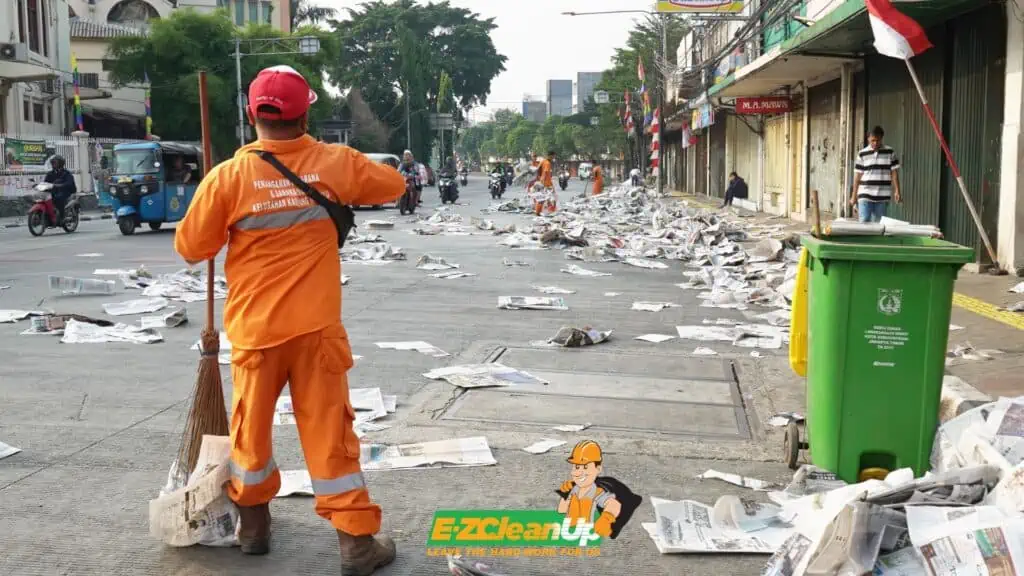
Preparing Newspapers for Recycling
Getting newspapers ready for recycling is more than just tossing them in a bin. It’s about making sure they are in the right condition to be recycled effectively. Here are the steps to get it done:
Sorting and Cleaning Newspapers
First things first, ensure your newspapers are clean and dry. Paint, oil stains, or mold can mess up the recycling process. Sort through your newspapers. Check for any dirty or damp ones.
If they’re just a bit wet, like from rain, they can still be recycled. But if they’re soiled with food or oil, it’s best to toss them out. Food waste is a big no-no for paper recycling. It doesn’t mix well with the water used in the recycling process.
Removing Non-Recyclable Components
Newspapers sometimes come with bits that can’t be recycled. Think plastic bags or inserts with a glossy finish. These need to be removed before recycling. If your newspaper comes in a plastic bag, don’t throw it in with the paper.
Most grocery stores have bins for recycling plastic bags. Keep an eye out for these on your next shopping trip. Get rid of any other non-recyclable parts from your newspapers as well. This step is crucial for ensuring that the recycling process runs smoothly.
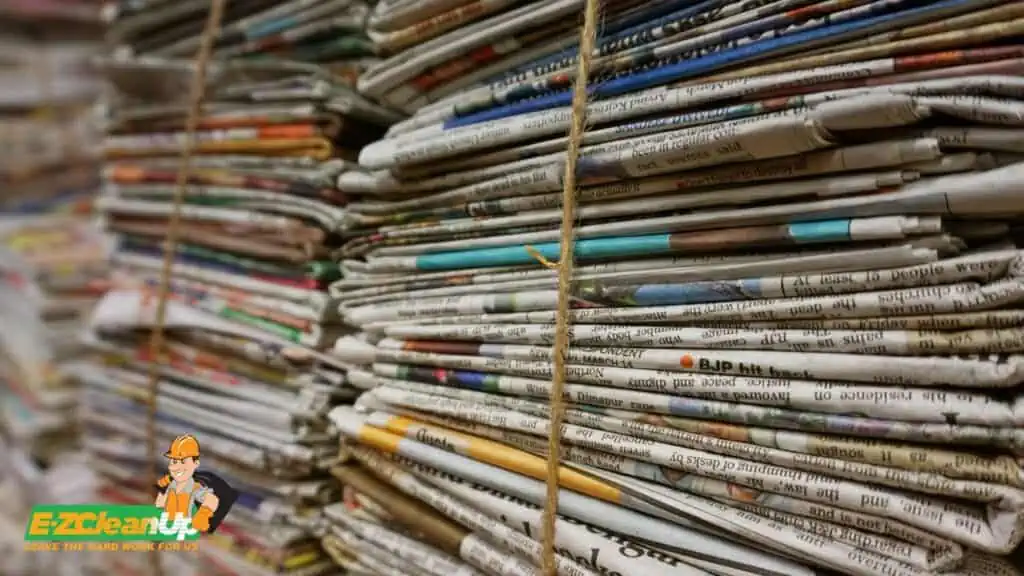
Tips for Efficient Newspaper Storage
Before recycling, you might need to store your newspapers. Do it right to avoid damage. Use acid-free and lignin-free materials for storage. This prevents the paper from yellowing or deteriorating. When organizing your newspapers, think about how you’ll want to find them again. Sort them by date, theme, or whatever makes sense to you.
For storage, use boxes or folders designed to keep paper safe. If your collection is small, folders with acid-free pockets work great. They keep each newspaper secure and in good condition. Remember, proper storage is key to preserving the historical and informational value of newspapers. It helps prevent physical damage, aging effects, and pest infestation.
Challenges and Solutions in Newspaper Recycling
One of the primary challenges in recycling newspapers is maintaining the paper quality. Newspapers exposed to moisture may become unsuitable for recycling. Another significant issue is the cost factor. While many cities offer curbside recycling services for newspapers, these often incur fees.
For residents without access to these services or those unwilling to pay extra fees, alternative recycling methods must be considered. In some municipalities, recycling programs are provided without additional charges, but others require payment to cover the processing and transportation of recyclables.
Innovative Solutions and Technologies
The recycling industry is witnessing a surge in innovative technologies and approaches. New recycling technologies promise to make the process more efficient and environmentally friendly.
For example, the development of ‘PureCycle Technology‘ by Procter and Gamble’s John Layman, which recycles polypropylene by removing contaminants, odor, and color, represents a significant advancement.
Additionally, the Internet of Things (IoT) is being used to streamline the recycling process by using sensor hardware in garbage disposal units. This technology allows municipalities to monitor recycling practices and target areas needing improvement.
Furthermore, many city recycling programs are exploring alternative funding and engagement sources, like online fundraising platforms and social media, to supplement their operations. RFID technology is another innovation enhancing recycling systems by embedding tiny, affordable circuits in products to provide specific recycling information.
The Future of Newspaper Recycling
The future of newspaper recycling is promising, supported by continuous innovation and investment in the industry. The American Forest & Paper Association (AF&PA) plays a crucial role in driving sustainability in the paper and wood products industry. Their initiatives have led to a significant increase in paper recycling, with almost two-thirds of paper recycled in 2020.
The industry has made substantial investments in manufacturing infrastructure to optimize the use of recycled fiber. The AF&PA has set ambitious sustainability goals to be achieved by 2030.
These developments and commitments indicate that the newspaper recycling sector is evolving to overcome its challenges and is poised for a future characterized by increased efficiency, innovation, and sustainability.

Efficient Junk Disposal and Recycling with EZ CleanUp
Effective disposal and management are crucial in newspaper recycling. This is where EZ CleanUp, a Philadelphia-based company, steps in. Specializing in eco-friendly junk removal services, we offer a practical solution for those tackling big clearing projects or simply decluttering spaces filled with junk, including old newspapers.
With our focus on affordability and transparency, we ensure that our pricing is budget-friendly with no hidden costs. Our fast, expert services guarantee a swift and efficient clearing of your unwanted items. We take anything – old mattresses, concrete, yard waste, and more.
Schedule with us at your convenience and experience hassle-free, responsible junk removal that prioritizes both the environment and your needs. Call us now for a free quote.

